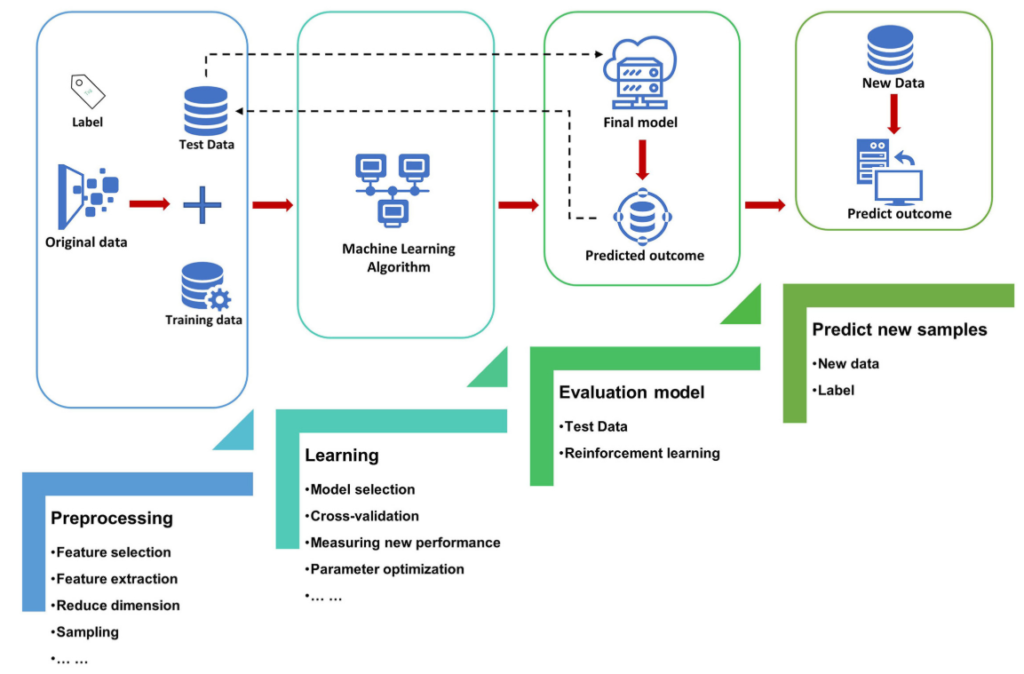- Artificial intelligence (AI) and related technologies are increasingly prevalent in business and society and are beginning to be applied to healthcare. These technologies can potentially transform many aspects of patient care and administrative processes within providers, payers, and pharmaceutical organizations.
- There are already many research studies suggesting that AI can perform as well as or better than humans at key healthcare tasks, such as diagnosing disease. Today, algorithms are already outperforming radiologists at spotting malignant tumors and guiding researchers in how to construct cohorts for costly clinical trials.
- Artificial intelligence is not one technology, but rather a collection of them. Most of these technologies have immediate relevance to the healthcare field, but the specific processes and tasks they support vary widely. Machine learning is a statistical technique for fitting models to data and to ‘learn’ by training models with data. Machine learning is one of the most common forms of AI
- Delphine Diagnostics is in the process of developing a Machine Learning based Healthcare Software platform and developing multiple software applications based on the AI/ML healthcare platform. The first set of products addresses the need for improving patient outcomes for patients at risk of developing sepsis in the hospital setting.

- The first product will be to predict if the patient is at risk of developing sepsis based on a set of clinical features like vitals and blood test results.
- The same product will be used to predict if the patient is at risk of re-admission due to sepsis after the discharge, just before the patient is discharged from the hospital.
- This product makes use of an ensemble of ML models like Logistic Regression, Random Forest, and Neural Networks.
- The next phase of the product will assist the clinician regarding the treatment of patients who already have sepsis in the hospital care setting. This will depend on the identification of pathogens, fungi, viruses, and bacteria using the Delphine Sepsis Diagnostics kit.
- Both products will be integrated with the EMR systems of the hospitals where Delphine’s AI/ML model solution is used.

